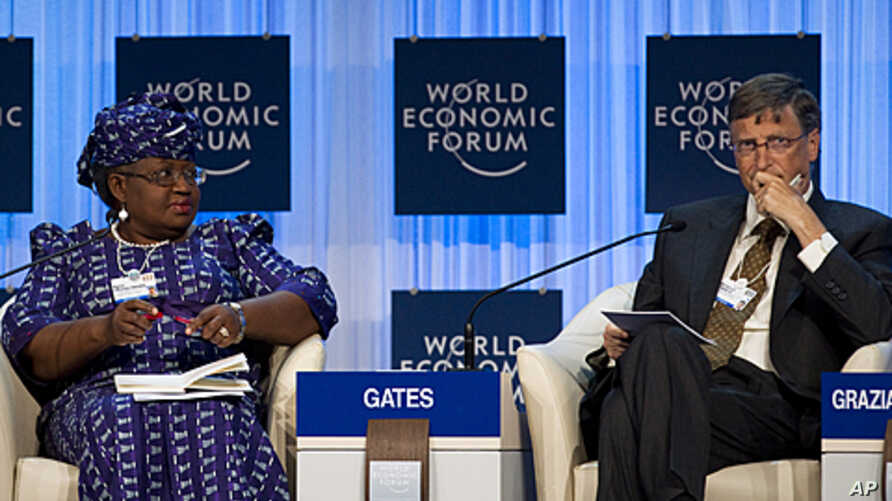There are no products in your shopping cart.
| 0 Items | £0.00 |


NIGERIA is among the top 10 countries on earth with high debt risk exposure that could have dire consequences for her economy in the future according to a recent report just published by the World Bank.
In the recently-published financial statement from the International Development Association (IDA), Nigeria was rated fifth on the list with $11.7bn IDA debt stock, while India led the list with $22bn IDA debt stock, followed by Bangladesh with $18.1bn IDA debt stock. Pakistan followed with $16.4bn IDA debt stock and Vietnam has $14.1bn IDA debt stock.
An IDA spokesman said: “IDA faces two types of credit risk, country credit risk and counterparty credit risk. Country credit risk is the risk of loss due to a country not meeting its contractual obligations and counter-party credit risk is the risk of loss attributable to a counterparty not honouring its contractual obligations.
“IDA is exposed to commercial as well as non-commercial counterparty credit risk. As of June 30, 2021, the 10 countries with the highest exposures accounted for 66% of IDA’s total exposure.”
Other countries on the list in order of appearance included Ethiopia with $11.2bn IDA debt stock, Kenya with $10.2bn IDA debt stock, Tanzania with $8.3bn IDA debt stock, Ghana with $5.6bn IDA debt stock and Uganda with $4.4bn IDA debt stock. It added that there was a single borrower limit for IDA, which for the 2022 financial year, had been set at $45bn or 25% of $180.9bn of equity as of June 30, 2021.
It was further discovered that Nigeria’s undisbursed balance with the World Bank is about $8.656bn as at June 30, 2021. According to the financial statement from the International Bank for Reconstruction and Development (IBRD), Nigeria has a total $589m undisbursed balance, consisting of $500m loans approved but not yet signed and $89m signed loan commitment.
Also, the IDA financial statement disclosed that Nigeria had a total undisbursed balance of $8.07bn, consisting of $1.462bn loans approved but not yet signed and $6.61bn signed loan commitment. According to the IBRD, although certain amount of loans has been agreed they are not effective and disbursements do not start until the borrowers and/or guarantors take certain actions and furnish documents.
A total of $1bn loans were agreed between Nigeria and the World bank’s IBRD, of which Nigeria’s outstanding loan is $411m. For IDA, a total of $19.54bn loans were agreed upon, of which Nigeria’s outstanding loan is $11.47bn.
According to Nigeria's Debt Management Office, the country owes the World Bank a total of $11.51bn, consisting of $11.10bn IDA loans and $410.23m IBRD loans as of March 31. According to the World Bank's audited financial statements, its commitments rose to $84.3bn in the 2021 fiscal year, 15% higher than in 2020.
World Bank Group president, David Malpass, said: “The World Bank Group support to client countries surged to $157bn over the last 15 months to address increased poverty, inequality, and the impacts of Covid-19. This unprecedented level of commitments helped countries strengthen health systems, protect the poor and vulnerable, support jobs and businesses, promote economic growth, and lay the foundation for a green, resilient and inclusive recovery."